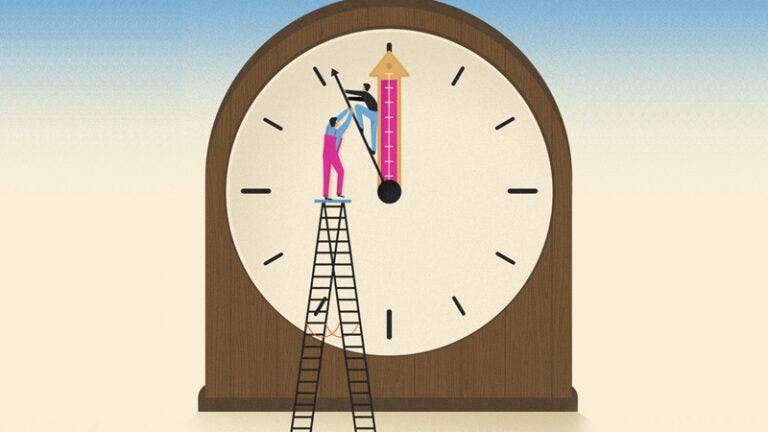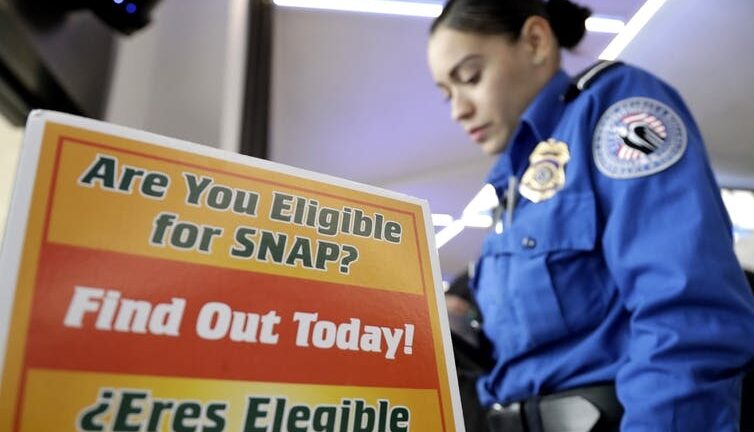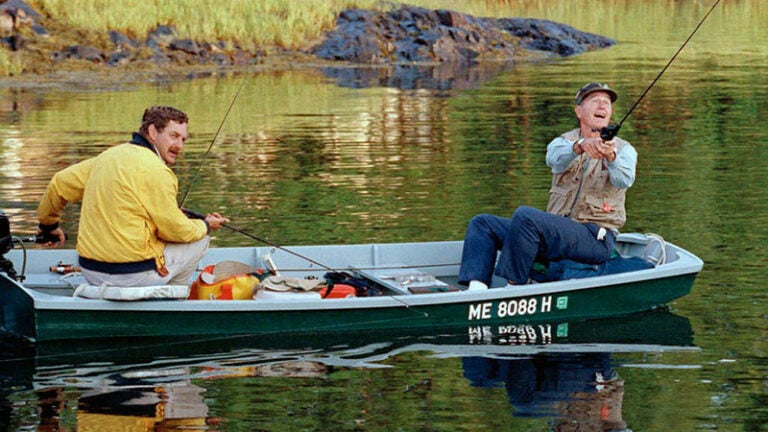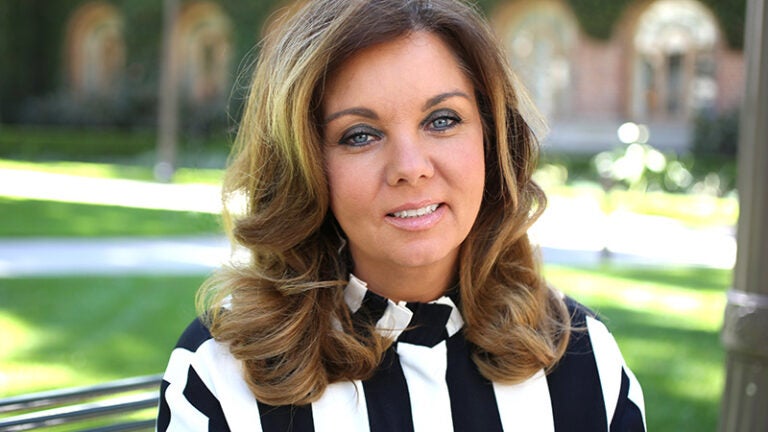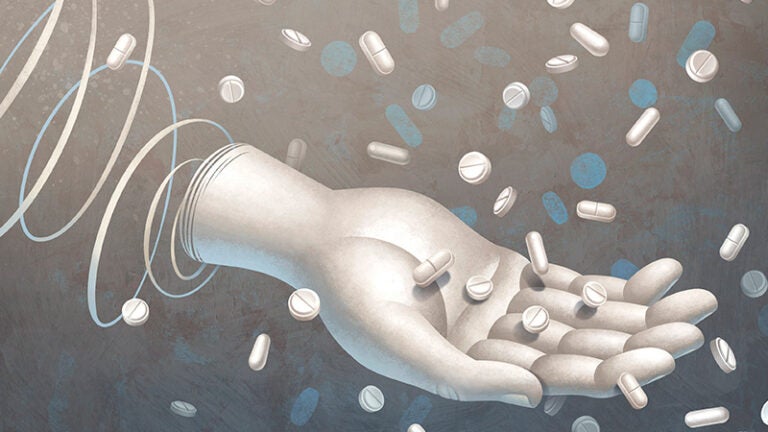We believe love and money will make our lives happier. But will they? USC Dornsife scholars weigh up the evidence. [7 ¾ min read]
USC Dornsife News
Anecdotally, thank-you calls are thought to be helpful in getting donors to give again. But does the data actually back this up? USC Dornsife behavioral economist Anya Samek investigates. [3 ½ min read]
We often make better choices for our future self than our present self. Could ordering groceries ahead improve our health? USC Dornsife behavioral economist Anya Samek investigates. [6 min read]
Apocalypse fatigue got you down? The remedy may be found in a different climate change narrative emphasizing the vast potential for a thriving planet. [13 min read]
Behavioral Economist Anya Samek found that people were equally divided on whether the poor should receive aid for free, or contribute work or payment in exchange. [5 ½ min read]
George H.W. Bush, who pledged to be 'the environmental president,' took a market-based approach to pollution control that helped clear the air. That method could work on climate change, writes Matthew Kahn of economics in The Conversation. [5 1/2 min read]
Originally a business major, this accomplished alumna realized economics was a better fit. Now she's chief financial officer for the union representing a large segment of entertainment industry professionals.
The gap in net worth between Americans at either end of the economic spectrum is reaching record proportions. A free, day-long conference, open to the public and hosted by USC Dornsife’s Center for Economic and Social Research, will address the issue.
Why are middle-aged white Americans dying at increasing rates? Nobel Prize–winning economist Angus Deaton has uncovered startling data that show mortality numbers are climbing for this group. How can we buck the trend?
Contact USC Dornsife News
Media Inquiries
Contact Ileana Wachtel



